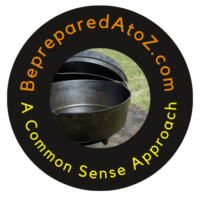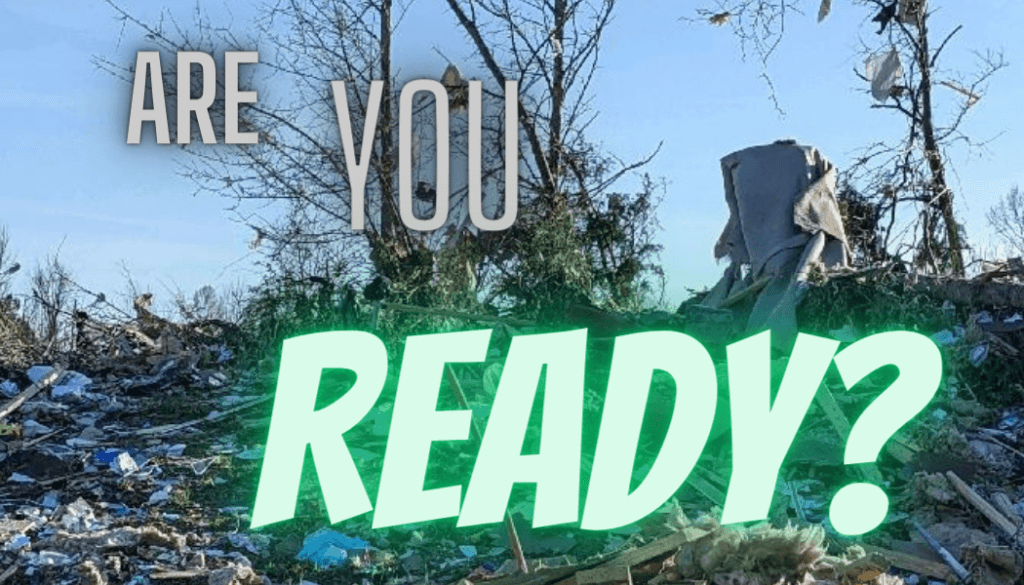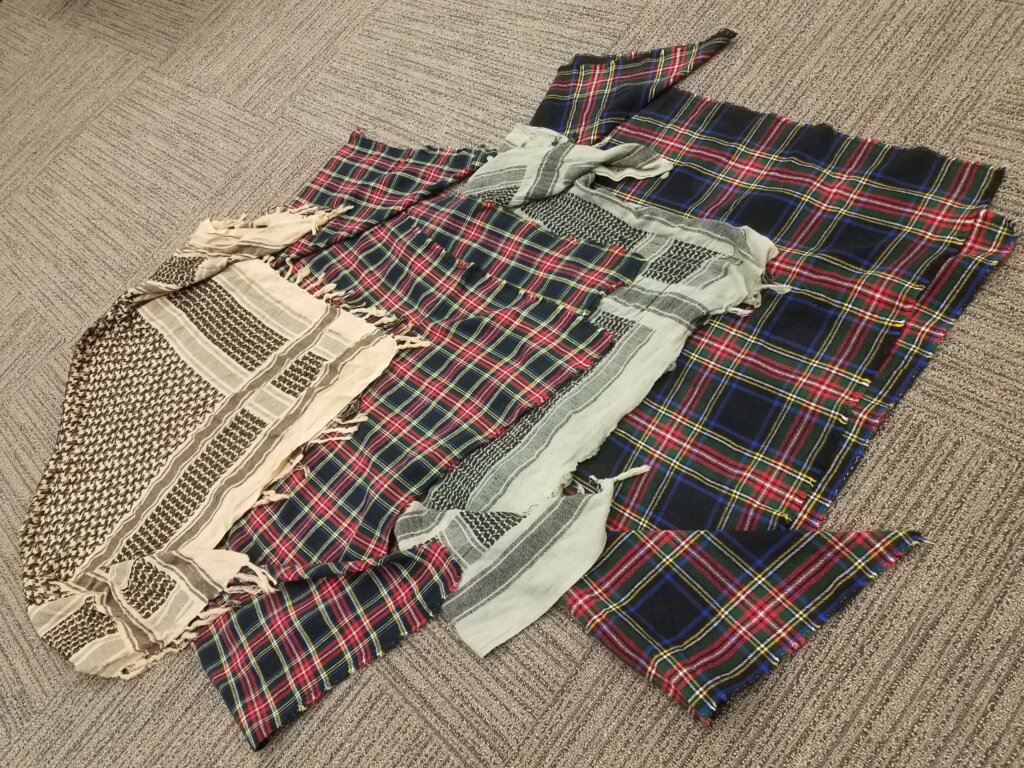72-hour kits, guides, and lists abound on the internet. This particular list follows the 15 pillars of preparedness found in other places on this blog. It is important to note that, generally speaking, 72-hour kits are designed for “bug-in” situations. This is important because “fire” mentioned in one place like food may also be used for heat as a different application. Please feel free to download the free PDF using any of the links provided in this post.
72-Hour Kits – Food
- Food – pop-top cans are a bonus (at least a 3-day supply of non-perishable food. Think 9 meals plus snacks)
- Manual can opener (for food)
- Matches in a waterproof container.
- Propane/butane/white gas stoves
- Fuel for stoves that will last for at least 72 hours.
- Mess kits, paper cups, plates, paper towels, and plastic utensils
- Infant formula and bottles
- Pet food and extra water for your pet. Think about food by the measured serving size and water at 1-2 oz. per pound for dogs. Cats should have food measured for serving size and water at 1 oz per pound.
72-Hour Kits – Water
- Water (one gallon per person per day for drinking and cooking) (Hygiene and sanitation require up to a gallon per person per day more)
- A means of purifying water. A filter or distilling method of your choice. If the disaster is a water emergency and there is no clean water, this is a vital addition
72-Hour Kit – Shelter
- Tarps, plastic, duct tape, and 550 cord/bank line.
- Sleeping bag or warm blanket for each person. If you live in a cold climate, a sleeping bag AND a warm blanket along with extra blankets for each person.
- Complete change of clean clothing appropriate for your climate and sturdy shoes for each day.
In a 72-hour scenario, the truth is, generally, you are staying in your house and not on the move. In that case, your shelter is your house and you do not need this equipment except to create smaller spaces to conserve heat.
72-Hour Kit – Hygiene
- Personal hygiene items – soap and toothbrush with toothpaste at a minimum
- Feminine supplies and personal hygiene items
- Baby wipes, for quick clean up.
72-Hour Kit – Medical
- First aid kit – $20 First Aid Kit
- Prescription medications. Disasters can make it difficult to refill prescriptions or find an open pharmacy. Organize and protect your prescriptions, over-the-counter drugs, and vitamins as part of your preps for an emergency.
- Non-prescription medications such as pain relievers, anti-diarrhea medication, antacids, or laxatives. Any over-the-counter medication including vitamins.
- Prescription eyeglasses/contacts and contact lens solution
- Dust mask (N-95 recommended if no facial hair)
- Pet first aid kits. One for each pet. Do your due diligence. Items you have in your first aid kit may harm your pet.
72-Hour Kit – General Knowledge
- This is where all of the training and preparation come together. Can you cook in the Dutch oven, over a white gas camp stove, and do it safely outside? In all seasons? Regardless of the weather? Cooking is used as an example. Knowledge impacts every facet of any disaster situation.
- Flashlight – headlamp is preferred.
- Whistle (to signal for help or communicate with others)
- Small tool kit with utility-specific wrenches or pliers to turn off utilities.
- Local maps
- Fire extinguisher for each appliance that has fire in it, (ie., water heater).
72-Hour Kit – Survival Plan
- Should be a written plan incorporating a duty roster of who does what and what needs to be accomplished. This plan MUST be flexible. Everyone should agree with this plan being used as a guideline.
72-Hour Kit – Protection
- This pillar is reliant on each person doing what is legal and prudent to protect one another.
72-Hour Kit – Sanitation
- Toilet paper, moist towelettes, garbage bags, and plastic ties (for personal sanitation)
- Diapers, wipes, and diaper rash cream
- Cleaning supplies – dish soap, all-purpose cleaner, or white vinegar.
72-Hour Kit – Energy
- Extra Batteries
- Solar charger
72-Hour Kit – Communications
- Battery-powered, solar, or hand-crank radio
- NOAA Weather Radio with tone alert battery backup
- Cell phones with charging cords and a backup battery
- Ham radio and its’ supporting equipment if you have it.
72-Hour Kit – Finance
- Cash, traveler’s checks, or debit card – (traveler’s checks are becoming a thing of the past. Do your research).
- Important documents – These can include copies of insurance policies, bank account records, ID cards like driver’s licenses, and passports. Documents should be saved electronically, copies in a waterproof, portable container, and originals on your person, if possible.
72-Hour Kit – Faith
- Devotional materials
- Bible, (non-electronic)
- Depending on the disaster, a plan to meet up with other church members for corporate worship.
72-Hour Kit – Other Considerations
- Paper
- Pencil
- Books, games, puzzles, or other activities for children and adults.
- Supplies for Pregnancy. Extra vitamins and comfort items.
- Does an elderly person in your care have specific needs? Remember and prepare for them.
- Is there someone with special needs? Consider alternative tools, and have them on hand, to assist them when the power and batteries run out.


